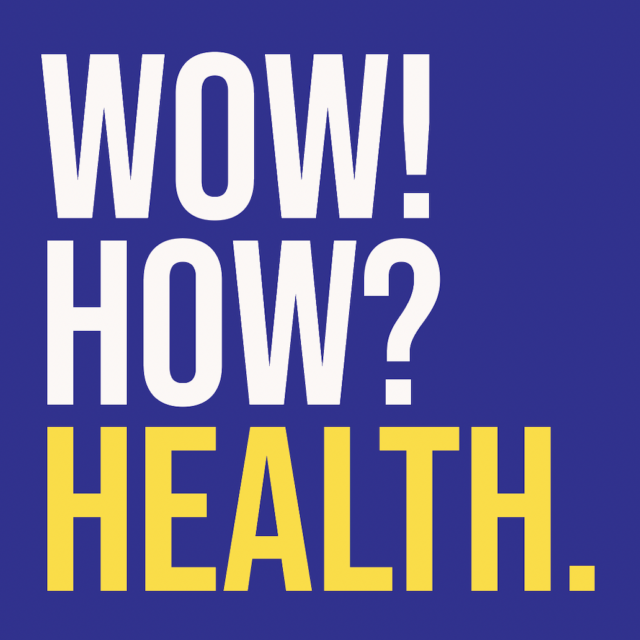Today’s “wow” is unfortunately a troubling statistic: 49% of LGBTQ+ young people in the U.S. experience depressive symptoms, according to a survey conducted by Hopelab and Common Sense Media, compared with 24% of their straight and cisgender peers. But many Queer youth are meeting the challenge by accessing online therapy to a greater degree (44%, […]
Champions
Wow! How? Patient-led Biodesign
This post is part of my LinkedIn series: Wow! How? Health. Jules Sherman designs pediatric medical products, like a delayed cord-clamping cart and a special robe to help make neonatal skin-to-skin care safer. In 2016, she was called into a hospital room to observe a new mom using a device that Sherman had created to collect […]
Wow! How? Obesity Treatment
This post is part of my LinkedIn series: Wow! How? Health. Four in ten U.S. adults have obesity, according to the National Center for Health Statistics. That includes 9% of U.S. adults with severe obesity, which is defined as having a body mass index over 40. Shame and stigma compound their health problems. “You wear […]
Wow! How? For Love & Life
This essay is part of my LinkedIn newsletter series: Wow! How? Health. Brian Wallach and Sandra Abrevaya brought their second daughter home on the same day that he received a devastating diagnosis: amyotrophic lateral sclerosis (ALS). Brian was told he had six months to live. Seven years later, Brian is still alive. He and Sandra […]
Wow! How? Mystery vs. Moms
When her daughter, Sara, transformed from an active teen to a nearly catatonic shell of a person, Eileen Quinn knew she had to take action. Unfortunately, since Sara lives with Down syndrome her symptoms were likely to be dismissed as sad but inevitable. But Quinn had a hunch that her daughter’s rapid decline was not […]
Discovery Diaries with Damon Davis
Damon Davis has a new podcast, Discovery Diaries, and I was honored be among his first guests. We got into a wide range of topics: the origins of my interest in patient-led innovation; artificial intelligence and how patients, survivors, and caregivers should be included in the design of AI tools; our time working together at […]





Recent Comments